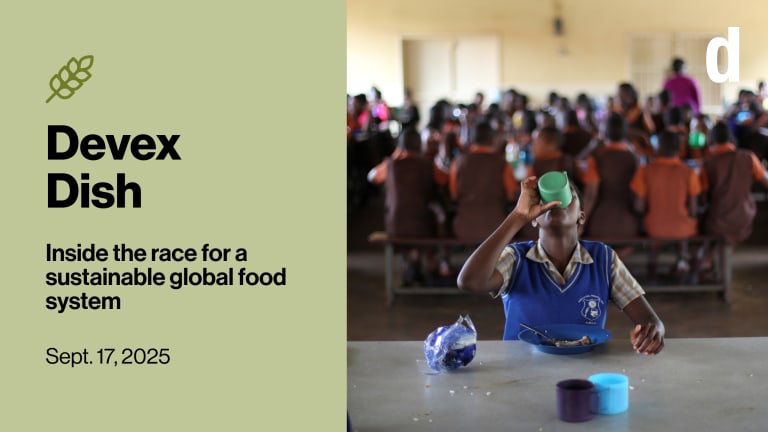One of the organizations furiously working to mitigate climate change’s effects on agriculture around the world is NASA, through its NASA Harvest program. This week, my colleague Catherine Cheney brings us a look at the woman leading the initiative’s work in Africa, Ugandan scientist Catherine Nakalembe.
Advances in remote sensing and artificial intelligence allow farmers to estimate crop yields, detect potential damage during the growing season, and even make changes to save their crops from threats like pests or droughts. But access to these insights is limited for the farmers facing the most devastating impacts of climate change. Catherine reports that Nakalembe is working to change that by developing tools that make satellite data accessible and useful for farmers and policymakers across East and southern Africa.
Nakalembe recognizes that often data produced by an organization like hers can be like a foreign language to the people it is intended to help.








